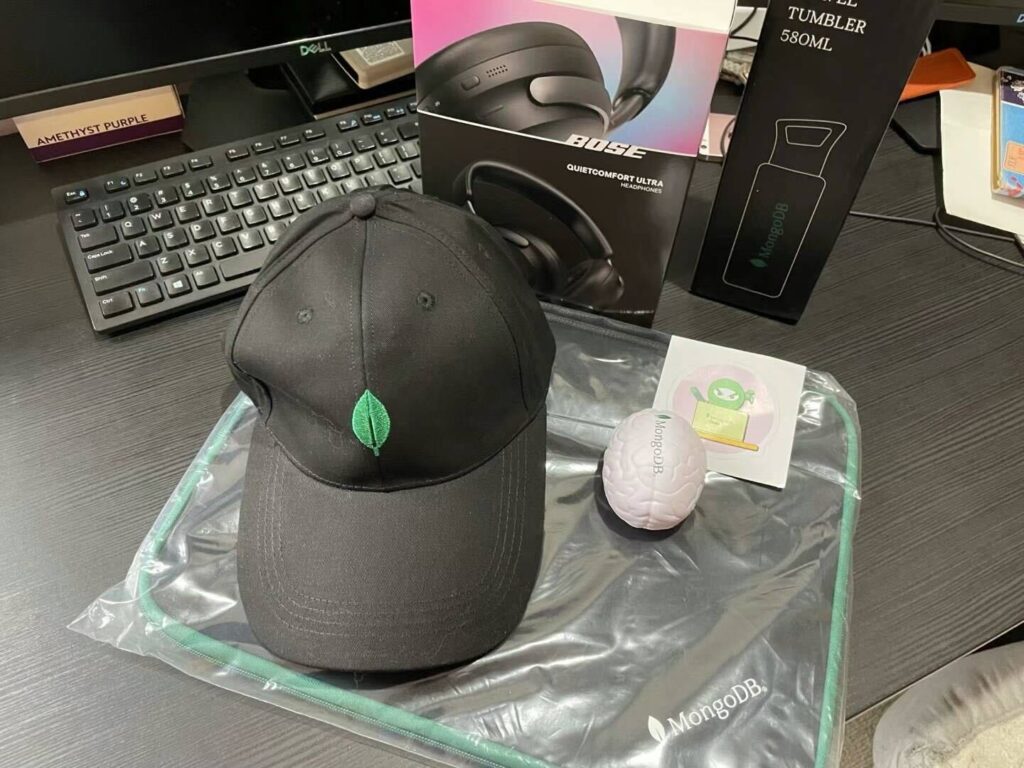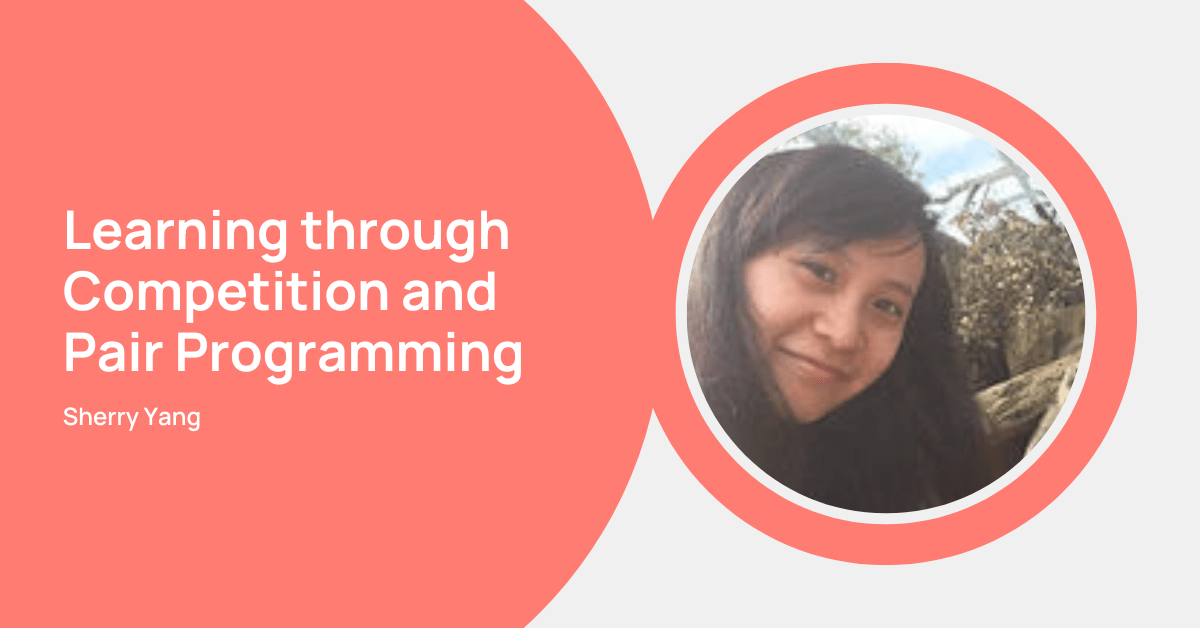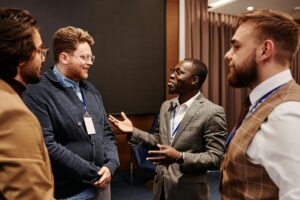Mentorloop Software Engineer, Sherry Yang, shares her experience with continuous learning and how industry events can spark opportunities for learning collaboratively through flash mentoring or peer mentoring opportunities.
This year, I had the opportunity to participate in two events that deeply enhanced my technical skills and reshaped my perspective on learning: the MongoDB Dojo competition and a Pair Programming for Test-Driven Development (TDD) workshop. Both experiences highlighted the power of mentorship, albeit in different forms. One through competition-driven self-learning and the other through collaborative coding.
MongoDB Dojo: Competition as a Learning Accelerator
The MongoDB Dojo was an intense but rewarding competition, blending the thrill of timed problem-solving with the practical learning of MongoDB. With nearly 20 participants, the pressure was on to answer as many questions as possible from a pool of problems related to MongoDB. These ranged from launching and querying a database to using the MongoDB API. Every question came with a learning resource, and the more efficiently you could leverage that resource, the better your chances of scoring points.
I ended up winning the competition and walked away with some nice prizes, but beyond the victory, the experience reinforced an important lesson: competition can be a powerful catalyst for learning. When time is limited, you’re pushed to quickly comprehend concepts and apply them in practical ways. The immediate feedback from the score tally and the limited time frame to solve problems created an environment that encouraged rapid learning.

Competitions like these don’t just test what you know—they push you to learn on the fly, sharpen your problem-solving skills, and think critically. In the MongoDB Dojo, I was able to deepen my understanding of database concepts much faster than through a conventional learning method. The competitive atmosphere turns learning into a game, making the process more engaging and rewarding. This environment also serves as a reminder that learning doesn’t always have to be a slow, methodical process—it can be fast, fun, and highly interactive.
TDD Workshop: Peer Mentorship Through Pair Programming
The Pair Programming for TDD workshop introduced me to a different type of learning, where mentorship was both given and received throughout the event. With 10 participants and 3 hosts, we engaged in four sprints (1 hour each), where each sprint involved collaborating with a new partner using different pair programming strategies.
In the first sprint, we focused on discussing the code with our partner before writing it—a more traditional pair programming approach. But what really stood out for me was the ping-pong programming we practiced in later sprints. In this method, one partner writes a test case, and the other writes code to make the test pass. Afterward, the roles reverse, and the process continues. This back-and-forth style of coding turns the development process into an interactive mentorship session where both partners are simultaneously learners and teachers.
The dynamic shifts from simply coding together to actively mentoring each other in real time. Whether it’s writing clean code, handling edge cases, or refactoring, every interaction becomes a chance to improve and refine your skills. We also introduced constraints such as writing functions limited to three lines and always refactoring after a test case passes. These rules not only forced us to think creatively but also ensured we constantly improved the code quality, learning from our mistakes and our partner’s insights.
The key lesson here is that mentorship doesn’t always have to come from a more experienced senior colleague. Pair programming fosters an environment where you can both teach and learn, regardless of your partner’s experience level, and is an opportunity for good peer mentoring and in this case, flash mentoring as well. The result? Both participants grow as developers, acquiring new skills and perspectives along the way.
Learning Through Challenge and Collaboration
Both of these experiences underscored the value of continuous learning—whether it’s self-driven through competition or shared through collaboration and mentorship. In the MongoDB Dojo, the competitive environment pushed me to learn quickly and effectively, proving that sometimes the best way to master a skill is under pressure. In the TDD workshop, pair programming served as a powerful tool for mutual mentorship, where both partners improve together by teaching and learning from each other in real time.
These two events highlighted different pathways to becoming a better developer, and both reminded me of the importance of continuous learning—whether you’re solving problems alone or working side by side with a peer.




